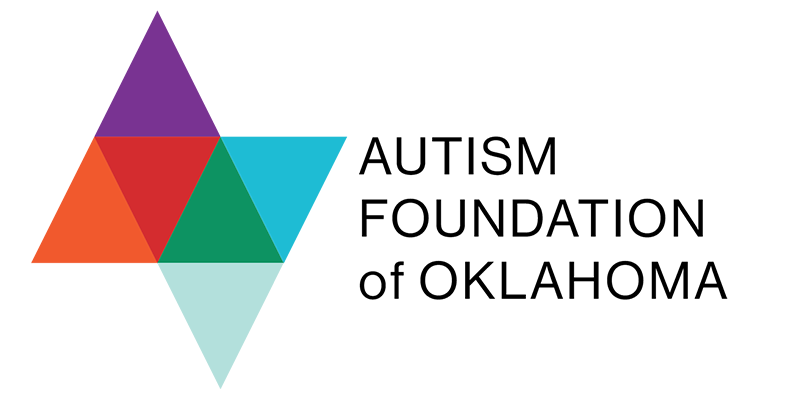
The Paradoxes of High Autistic Unemployment Series⎯Part 3
As has been discussed in earlier parts, many factors are seemingly contributing to the high unemployment rate for Autistic individuals. Unfortunately, more factors should be addressed to better understand the issue at hand. Namely, acceptance and belonging are important results to strive for when constructing any Diversity, Equity, and Inclusion (DEI) effort. The reason is that people want to feel that their organization cares for them on a human level instead of being another statistic on a spreadsheet and/or expendable. In fact, research showed that employees that experienced belonging had increased performance by 56%, while those that felt excluded suffered from a 25% decline in performance (Kaldy, 2019). However, many Autistic individuals may feel that they do not belong in their organization because there are barriers impeding authenticity.
Accordingly, I poised another paradox that could contribute to high unemployment among Autistic individuals: the Acceptance paradox. Notably, it suggests that despite the good intentions of organizations to build DEI efforts to help employees feel acceptance and belonging, it instead builds conformity. One example is the commonly used “business case for diversity” that may have good intentions on the surface but underneath harbors unconscious discrimination. For example, the business case for diversity seeks to justify diversity by suggesting that it ultimately will benefit the bottom line of an organization (Georgeac & Rattan, 2022). While on the surface, it may appear harmless and essential for organizations to benefit from the hard work of others but notice that it is focused solely on the company. Indeed, it views diversity as a business asset and something to take advantage of instead of a moral necessity to help employees feel they belong (Georgeac & Rattan, 2022).
With this said, diversity should not be a bargaining chip but the natural outgrowth of the protections of protected classes and civil rights. In fact, as discussed in part 1, employers cannot discriminate based on protected classes, but the business case for diversity implies that they can deny them if they do not help the company’s bottom line. The reality is that candidates are to be judged on whether they can perform the job and will help the bottom line, but it has nothing to do with the characteristics of protected classes.
In effect, Autistic individuals are disproportionally affected because they seemingly do not meet the “business needs” on the surface because of their behaviors in interviews and lack of experience. For instance, some ways that recruiters gauge a candidate’s ability are previous performance and/or how they present themselves and their skills in an interview. However, as discussed in both parts 1 and 2, Autistic individuals naturally have difficulty in these areas and, unfortunately, get overlooked when they do not meet expectations. However, employers can benefit from hiring Autistic individuals because of their transferable abilities and interest. For example, Autistic individuals possess the focus, commitment, intense passion, and creative ideas that would make anyone qualified for a position for not of lack of understanding (IBCCES, 2015).
Overall, the goal of DEI efforts should be to allow employees to display their authenticity instead of trying to conform to expectations and building a culture of acceptance and belonging. To accomplish this, I have laid out several factors that seem to contribute to the high unemployment rate for Autistic individuals through many parts. From hiring bias, inflated qualification expectations to the business case for diversity, all show a need to shift the fundamental understanding of hiring Autistic individuals. For too long, recruiters have lumped Autistic individuals with Neurotypicals and applied the same expectations to them, but it has shown to be just as discriminatory as separating them. Therefore, the business case for diversity should not be used as a persuasive argument for hiring but as the expectation of hiring diverse individuals.
Brandon Orozco is the AFO Workforce Development Project Assistant and holds a BS degree in Psychology with a dual minor in Philosophy and Business Management. Brandon is currently pursuing a MS in Human Resource Management from Claremont Graduate University and was the founder and President of the Professionals in Human Resources Association (PIHRA) student chapter. Brandon is an Autistic self-advocate and has previous experience being a Talent Acquisition Team Lead for a rising tech startup and enjoys sharing his lived experiences and perspectives.
Sources
Georgeac, O., & Rattan, A. (2022). Stop Making the Business Case for Diversity. https://hbr.org/2022/06/stop-making-the-business-case-for-diversity
International Board of Credentialing and Continuing Education Standards (2015). Benefits of Hiring People with Autism. https://ibcces.org/blog/2015/07/08/benefits-of-hiring-people-with-autism/
Kaldy, J. (2019). The Benefits of Belonging. https://infrontworkforce.com/the-benefits-of-belonging
